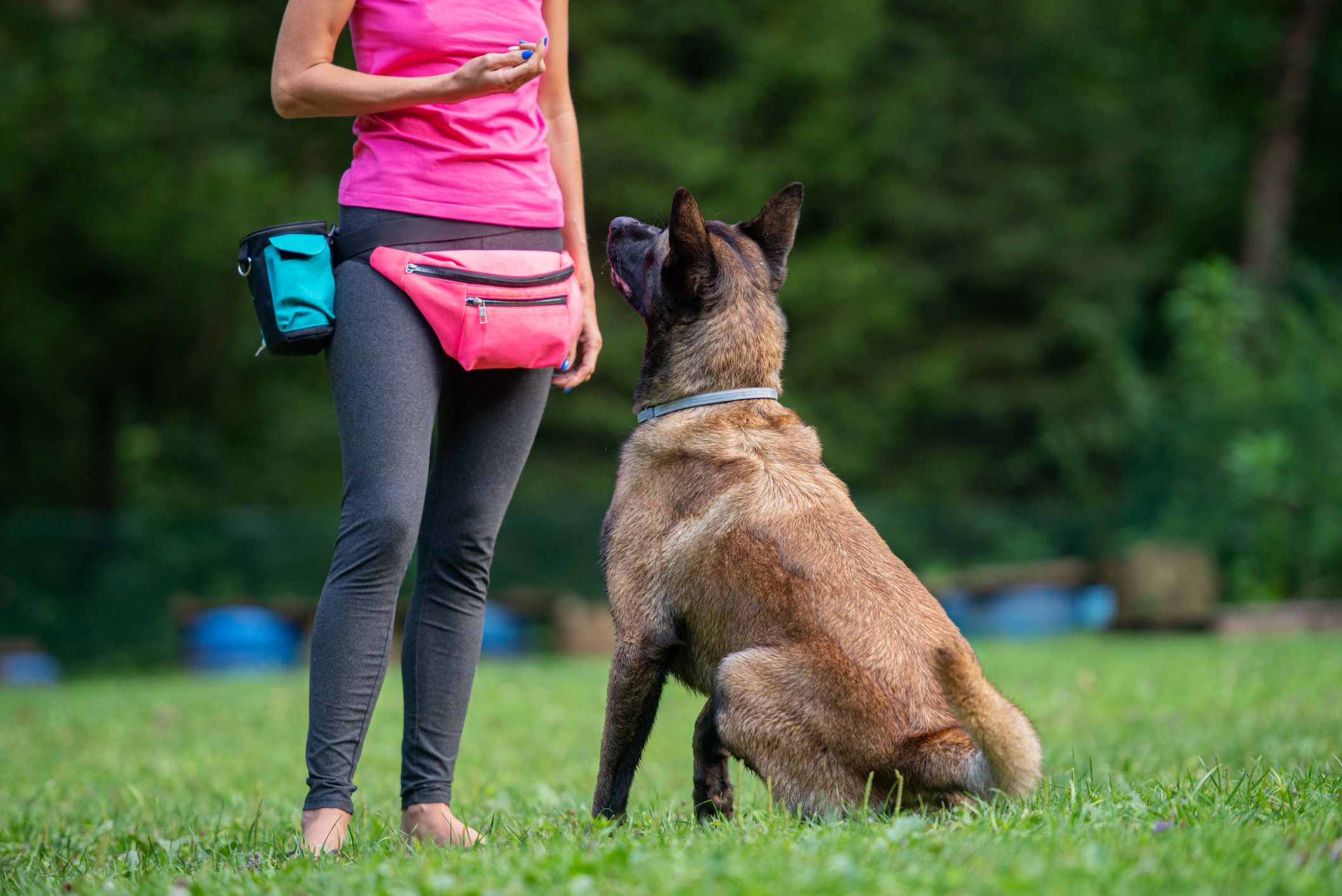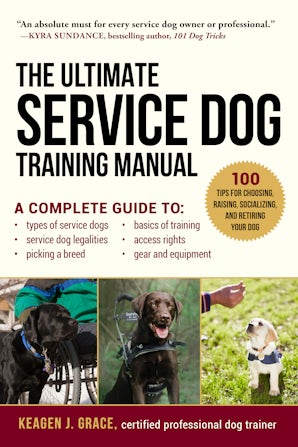Expert Dog Training For Dogs: Building Better Habits One Action at once
Expert Dog Training For Dogs: Building Better Habits One Action at once
Blog Article
Top Pet Dog Educating Methods for every single Stage of Your Canine's Life
Reliable dog training is crucial at every stage of a pet dog's life, as each phase provides one-of-a-kind challenges and opportunities for growth - Dog Training For Dogs. From the fundamental bonding methods necessary for young puppies to the customized techniques needed for senior canines, understanding these important periods can dramatically improve the human-animal bond. It is necessary to identify that training must develop together with a pet's advancement, making certain that methods stay efficient and pertinent. What details techniques can be employed to deal with the varying requirements of your pet as it develops? The response may amaze you.
Young Puppy Training Basics
Puppy training fundamentals lay the groundwork for a well-behaved grown-up pet dog and involve several vital elements that ought to not be overlooked. The first stage of training concentrates on developing a solid bond between the pup and its proprietor, which is important for effective interaction. Socialization is paramount; revealing young puppies to various environments, people, and other pets assists them create self-confidence and adaptability, lowering the probability of behavioral concerns later on in life.
Fundamental commands, such as sit, remain, and come, form the structure of obedience training. Utilizing favorable reinforcement methods, such as treats and praise, urges preferred actions and promotes a favorable knowing experience. Uniformity in commands and training sessions is crucial, as puppies flourish on regular and structure.
Additionally, residence training is an essential facet of young puppy training. Developing a routine timetable for shower room breaks and using marked areas can aid minimize accidents and advertise excellent practices. Generally, an all-around technique to puppy training, including home, socializing, and obedience training, sets the stage for a well-adjusted adult pet dog, ensuring an unified relationship between the family pet and its proprietor.
Adolescent Actions Management
As young puppies develop right into adolescents, their habits can transform significantly, usually presenting brand-new challenges for owners. This developing phase, commonly occurring between 6 months and two years, is noted by heightened energy degrees, interest, and an expanding feeling of freedom. Recognizing these adjustments is crucial for effective behavior monitoring.
Teens might display rebellious tendencies, such as disregarding commands they previously mastered or participating in damaging behaviors. Consistency in training stays extremely important; enhancing learned behaviors through favorable support can assist combat these challenges. Brief, interesting training sessions are important to preserve their rate of interest and focus.

Additionally, establishing a structured regimen can dramatically enhance an adolescent pet dog's complacency. Routine exercise is crucial to carry their power favorably, reducing the likelihood of undesirable behaviors. By employing these strategies, owners can effectively navigate the intricacies of teenage actions, cultivating a well-adjusted, satisfied canine friend.
Grown-up Canine Obedience Methods

Positive reinforcement continues to be a key technique; satisfying excellent behavior with treats, appreciation, or playtime encourages compliance. Consistency is critical; the exact same commands and incentives should be utilized by all relative to prevent complication.
Including training into everyday regimens can additionally work. For instance, practice commands during walks or meal times, allowing training to blend perfectly into daily life. Taking part in organized activities, like dexterity training courses or obedience classes, can better improve a canine's skills while giving important socialization chances.
It is essential to recognize that adult pets might additionally display stubbornness or complacency. Readjusting training strategies to keep their interest, such as varying benefits or presenting brand-new commands, can help endure motivation. On the whole, an ongoing dedication to obedience training will foster a well-behaved and balanced adult pet.
Senior Dog Adjustment Techniques
Recognizing the one-of-a-kind needs of elderly pet dogs is vital for ensuring their comfort and wellness. As canines age, they might experience a decline in mobility, vision, and cognitive function, necessitating customized adjustment techniques.
First, take into consideration modifying the living atmosphere. Guarantee that the home is risk-free and available; get rid of challenges and give non-slip surface areas to stop drops. In addition, take into consideration utilizing steps or ramps to assist them access their preferred rooms.
Second of all, workout ought to be adjusted to make up reduced endurance and joint health (Dog Training For Dogs). Participate in shorter, much more constant strolls, and include mild tasks like swimming, which can be advantageous for arthritic see page joints
Additionally, psychological excitement continues to be crucial. Use easy challenge playthings or involve in scent job to maintain their minds sharp, while staying clear of frustrating tasks that may discourage them.
Lastly, routine vet exams are vital to check wellness modifications and readjust treatment routines appropriately. By executing these adaptation strategies, you can enhance the top quality of life for your senior pet, guaranteeing they age beautifully and comfortably.
Lifelong Understanding and Enrichment
While canines of every ages take advantage of finding out and mental excitement, long-lasting enrichment is especially vital for keeping cognitive health and wellness and psychological wellness in both elderly and more youthful pets. Involving activities not just boost a pet's lifestyle yet additionally strengthen the bond in between the canine and its owner.
Enrichment can take numerous kinds, consisting of interactive playthings, problem feeders, and scent work, which promote a pet dog's senses and encourage analytical. Normal training sessions, incorporating brand-new commands or methods, keeps their minds sharp and advertises a feeling of success. Socialization with various other pet dogs and individuals is equally crucial, as it aids prevent behavior issues and promotes adaptability.
Additionally, incorporating exercise into a dog's routine is vital for overall health and wellness. Activities like agility training, fetch, or long walks provide both psychological and physical excitement, making sure dogs continue to be happy and involved.
Finally, take into consideration varying the setting by introducing brand-new places for strolls or playdates. This adjustment can reignite a dog's inquisitiveness and enthusiasm for expedition. Long-lasting knowing and view enrichment not just add to a meeting life however also promote a harmonious partnership with your canine companion.
Conclusion
Reliable pet training techniques evolve throughout a dog's life, dealing with the distinct requirements of each developmental stage. Emphasizing routine mental stimulation, socialization, and physical workout cultivates a well balanced and meeting life for pets.
Effective dog training is important at every stage of a pet dog's life, as each stage provides one-of-a-kind challenges and opportunities for growth.Puppy training fundamentals lay the foundation for a mannerly adult pet dog and entail several vital components that need to not be overlooked. On the whole, a well-rounded approach to puppy training, including socialization, residence, and obedience training, establishes the phase for a well-adjusted adult dog, ensuring an unified connection in between the pet dog imp source and its owner.
Many dog proprietors may locate that grown-up canines, while generally even more steady in behavior than their teenage counterparts, still require constant training to maintain obedience and excellent manners.Effective pet training methods evolve throughout a pet dog's life, addressing the one-of-a-kind needs of each developing stage.
Report this page